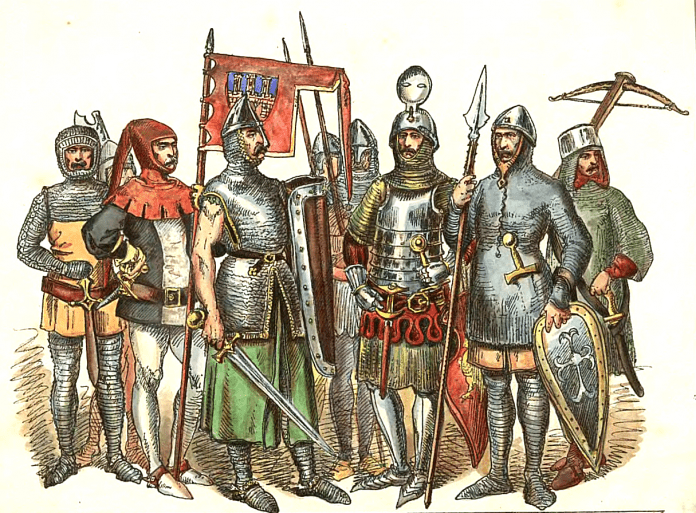Resiliency has become a much-abused term in the Philippines these days in the wake of the series of disasters that hit the country. It has become an excuse for lack of planning and unpreparedness.
This week, the Colegio de San Juan de Letran is celebrating its 400th foundation anniversary. Established in 1620 as an educational institution for orphans it later merged with another Dominican institution that resulted in what is known today as Letran College.
Don Juan Geronimo Guerrero, one of the school’s founder, was a retired Spanish officer and a former member of the Knights of Malta. This is the reason why members of the Letran community are dubbed as “Knights.”
The way Letran presents itself brings a lot of images to the mind: It is housed in a walled city like a camp where would-be knights are trained.
To kick-off one’s journey as a student, a ceremonial rite of “knighting” called “Binyag Arriba” is done every year to welcome new students.
They have to ring the bells in the campus as a sign of their “pledge of patriotism” and “steadfast faith.”
As opposed to the concept of resiliency, the idea of knighthood is more appropriate for Filipinos.
Knights are distinctive warriors during the Middle Ages who bind themselves to live an oath or vow. It would take a long period of formation and training before one becomes a knight. First, one has to serve as a page, then a squire, before becoming a knight if one qualifies.
What make knights unique is their chivalry. They observe a set of norms, including fear of God and service to the Church, obedience to authority, respect for women, and the defense of the defenseless.
Recognized groups of knights still exist up to this day. One of which is the Order of the Knights of Malta, which includes the late Don Guerrero. But since the time the Order left Malta, military service is no longer a requirement for membership. Members now focus on social services, like medical missions.
There are also various groups within and outside the Church whose members are “knighted” for ceremonial purposes, for instance the Knights of Columbus that was established by Father Michael McGivney who wanted to “bring financial aid and assistance to the sick, disabled, and needy members and their families.”
Nowadays, one does not need to be a warrior or a member of a prestigious family to be a knight. One can live up the the spirit of being a knight by simply applying the principles of the chivalric code.
Why Knighthood? What lesson does it teach us? What does it have to do with responsible citizenry? Do we have to do all these to show fear of God and the willingness to fight for the welfare of all?
Author Rick Warren said in his book “Purpose Driven Life” that “it all starts with God.” Our roles in society never came about without a purpose. God has charged us with specific skills and talents to serve for the betterment of the social order. Greed and pride are distractions that divert our focus.
Warren said that our life’s purpose is “far greater than our own personal fulfillment, our careers, and ambitions.” We must all take advantage of these talents to fight for the welfare of all, for the cause of the common good.
Government leaders can also learn from the preparedness that is a characteristic of a knight. Knighthood does not only embody resiliency, but a fusion of anticipation, preparedness, and yes, resiliency.
The Philippines is geographically located in a disaster-prone region with all sorts of calamities passing our way. But how many times have we heard from our leaders that they never expected the onslaught of typhoons?
Disaster risk reduction and management is supposed to be our sword and shield against natural tragedies. But when shall we learn that nightmares are meant to be a lessons, not visiting fellows?
Adrian Banguis-Tambuyat is a young communication practitioner specializing in online content strategy and broadcast journalism. His interests are focused on social justice, youth formation, communication theology and mass media evangelization.









